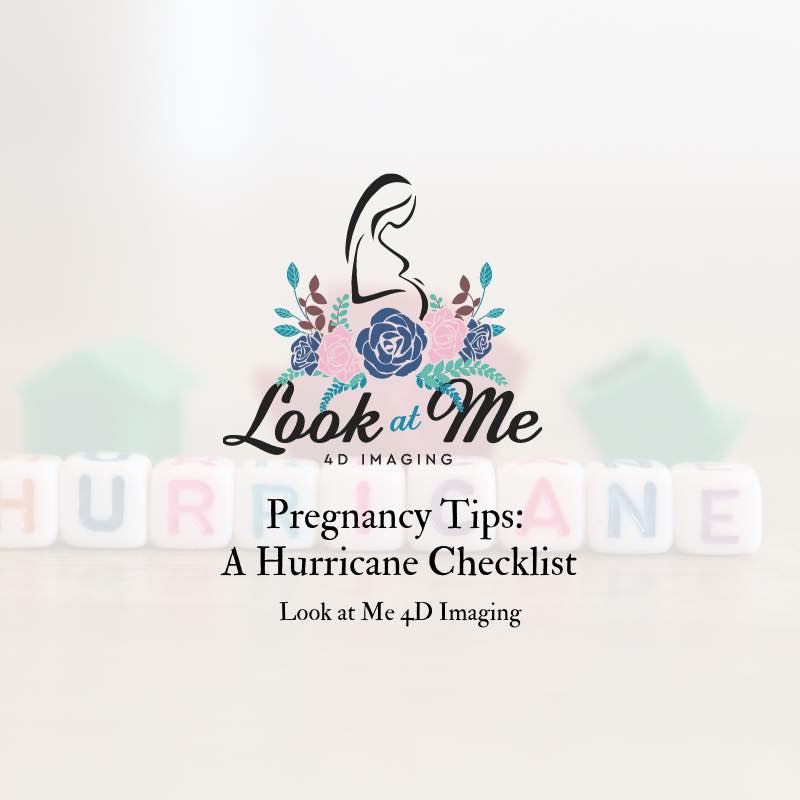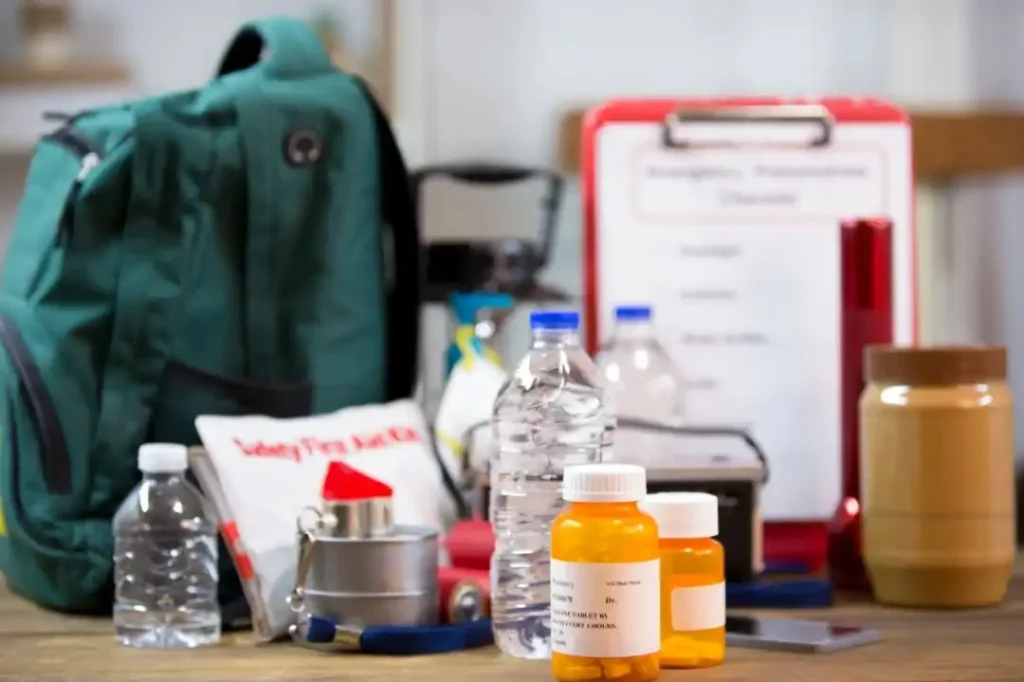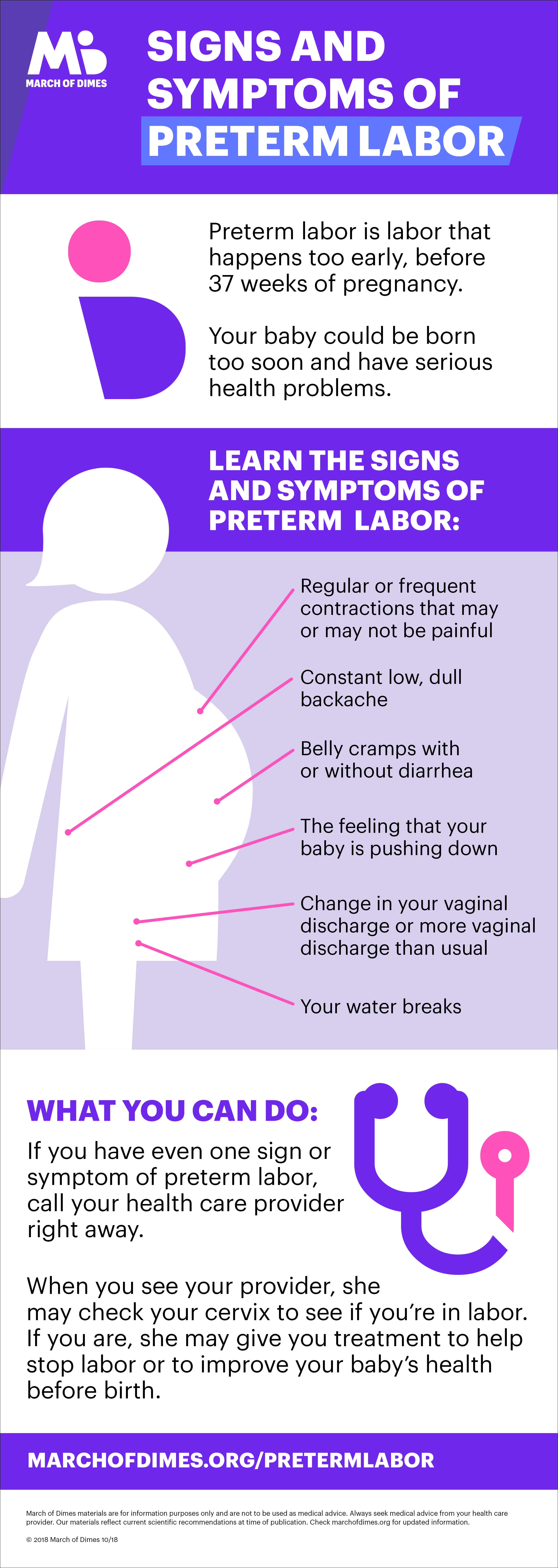
Pregnancy Tips: A Hurricane Checklist
If you’re pregnant during a hurricane, there are some things you need to consider. One of the most important is that your health and safety should be your priority, so if evacuation orders come down, make sure you follow them.
If not, it’s still important to stay hydrated and eat nutritious foods like fruits and vegetables while also paying close attention to any changes in pain or discomfort.
You will also want to keep an eye on what’s happening with the storm itself because hurricanes can cause all sorts of different problems for pregnant women – from broken water pipes flooding your home with sewage-contaminated floodwaters to power outages that could endanger a fetus by cutting off necessary medical equipment like oxygen tanks. Be ready for anything!
Before the Storm: Be Prepared
To best prepare for a hurricane, expectant mothers should create a communication plan with their family members.
Pregnant women should also assemble an emergency kit that contains vital supplies like first aid kits and any necessary medications they might need during the storm.
Additionally, it is crucial to know what shelters are nearest you that you can stay in in case of evacuation and have cars filled up with gas, so evacuating will be easy if needed.
Communication Plan
One of the first things a pregnant woman should do in preparation for a hurricane is to create a family communication plan (or an emergency plan) that she and her family can follow. This way, there will be no miscommunications if one person doesn’t know about an evacuation order or what to do in case it’s necessary.
Those expecting should also double-check their insurance information for what they are and aren’t covered for, as well as making a note of where their prenatal records are.
Leaving them at the office could mean that you don’t have access to them in case of an evacuation. Because your local hospital will likely be overwhelmed during the storm due to all the sick kids who can’t get out, it is important that expectant mothers keep a journal of their pregnancies and write down all pertinent information such as due date, allergies, blood type, etc. to have on hand in case they’re sent to a different hospital that won’t be able to access their medical records.
Emergency Kits
An emergency kit is essential for any pregnant woman who stays at home during the storm or leaves but expects to return home quickly. These kits should contain vital supplies such as a battery-powered radio, flashlights, and batteries since power may go out.
They also need to be ready with essential information like their address and phone number just in case they get separated from their family members. Expectant mothers should pack an emergency weather radio that can be powered with batteries, so they will always know what is going on.

They should keep a first aid kit that includes bandages, gauze pads, alcohol wipes, and antiseptic solution in case of cuts or abrasions from debris before the storm or after it hits. Additionally, expectant mothers need to gather any necessary medications for their baby, themselves, and other family members.
Finally, someone who expects to stay at home should have a few days’ worth of food in case they don’t have access to stores or need to cook anything after the power goes out.
Your Pregnancy Bag
If you’ve already packed your pregnancy to-go bag, be sure to bring have it where you can get to it. If you haven’t here are some items that you should have in your bags for you, your baby, and your partner.
Evacuation Orders
Evacuating during a hurricane is never easy because you can be caught off guard by sudden flooding from rainstorms or other dangerous conditions.
When it’s time to leave, make sure you have a full tank of gas because roads can become blocked, and traffic is often slow. It is best if pregnant women don’t drive at all if they can avoid it since there is a greater chance of accidents occurring.
Instead, they should have a family member take them. Make sure to have multiple routes planned in case certain roads are blocked since this can change at any given time.
During the Storm: Stay Safe and Healthy
When a hurricane happens, pregnant women should stay inside as much as possible because of debris flying through the air, downed power lines, and flooded streets.
It’s also best if they avoid going outside to get food since this can be dangerous, and it’s possible that the store might be closed due to damage or flooding from the storm.
Stay Hydrated and Eat
Moms-to-be must try to stay hydrated by drinking lots of water and other liquids such as electrolyte-filled drinks like Gatorade, bottled water, as well as eating a nutritious diet that can include canned foods, fresh fruits, and vegetables if they’re available.
While it is good to avoid eating from the icebox because of spoilage, pregnant women should eat what they can and then throw out anything that might be bad.
Stay Inside
Like we mentioned earlier, it’s vital for pregnant women to stay inside as much as possible during a storm because running around outside puts them at risk of getting injured by flying debris.
If they are with someone who is evacuating, they should make sure the other person always has eyes on them so that if anything happens, they can react quickly.
Stay Calm
Of course, pregnant women should try to keep their cool during storms because having too much anxiety can be bad for the baby.
For example, if they have blood pressure problems, it’s not a good idea to sit around and watch the news about how dangerous the storm is supposed to be because this will only add more stress onto them since there’s nothing they can do about it.
But don’t worry, there is no correlation between a hurricane’s barometric pressure and induced labor. That’s a myth. Learn more about the effects of hurricanes on your labor at
Keep an eye on the storm, and be ready for anything
As we’ve learned here in South Louisiana, hurricanes are no laughing matter.
Their forces can be hazardous, and if you’re pregnant when one is looming, it’s essential to prepare yourself for whatever might happen.
Stay in touch with your doctor.
If you’re not evacuating, stay in touch with your doctor about any changes in pain or discomfort you feel before, during, and after the hurricane.
Remember that if your labor seems to be getting closer, go ahead and call them even if it’s hours before the storm hits.
Know the signs of preterm labor
Preterm labor can develop during a disaster and is serious. The sooner you know about preterm labor, the sooner your doctor or medical team can help.
If premature contractions occur, immediately call your healthcare provider and make arrangements to get to the hospital since it may be too late if you wait until an emergency shelter opens.
Here are some other signs of preterm labor to watch out for:
- contractions that make your belly tighten like a fist every ten minutes or more often
- A dull backache could mean you are at risk for developing complications from pregnancy during a hurricane.
- If you experience any health changes, like a change in vaginal discharge or bleeding during the storm, speak with your doctor
- stomach cramps with or without diarrhea
If you experience any of the above changes, contact your medical care provider or OB-GYN immediately. If you’re unable to get in touch with them, try to get to a medical center as soon as you can safely do so.

After the Storm: Clean Up Carefully
If you’re pregnant and living in the hurricane’s aftermath, there are a few things to keep an eye on.
For example, dehydration can be dangerous for mom-to-be because it may cause preterm labor — which is never good news when water damage from flooding is still being repaired around your house!
Also, note that exhaustion will not help with any of this adversity as well. So even if you don’t have power or internet access right now (or both), try taking care of yourself by resting up while everyone else deals with cleanup efforts.
When cleaning up after a natural disaster, it is important to:
- Be sure to have access to clean water.
- Get plenty of rest,
- take frequent breaks and try not to get overtired.
- Drink plenty of water or beverages
- Take cool showers or baths
- Stay in the shade
- Wash hands frequently
- Maintain all doctor appointments
- Know the signs of preterm labor
“Remain calm and stay put” is what we Cajuns like to say when it comes time for a hurricane. It’s also the safest action you can take, as long as there isn’t an evacuation order in your area.
If you’re pregnant when a hurricane is looming, it’s important to be prepared for any potential effects the storm may have on your body.
If you are not evacuating, you need to stay in touch with your doctor and know the signs of preterm labor.
If authorities issue an evacuation order, follow instructions immediately and keep calm during this time.
After the storm has passed, take care as you clean up from natural disasters because dehydration can cause complications for those who are pregnant or expecting a child soon after the event.
Be sure to drink plenty of water and get plenty of rest while everyone else cleans up around you!
Get a 3D Ultrasound
After the storm has passed, If you would like to see your baby just some peace of mind, you can get a 3D ultrasound done.
Disclaimer: Our elective ultrasounds should never take the place of a doctor’s ultrasound and should only be done in times of emergency where a specialist and doctor are not available.
However, if you want to see your baby, remember that ultrasounds are a safe imaging technique. And if you would like to ease your own mind, a 3D ultrasound is an option.
Look at Me 4D Imaging offers 3D/4D ultrasounds that allow expecting mothers to see their babies in the womb. We offer both 2D and 3D ultrasound services, as well as gender determination and more. Our experienced sonographers are trained to provide exceptional care during every visit. You can even schedule an appointment online!
Have family evacuated throughout the state? Want to let friends out of state know that you’re safe?
No worries!
We offer BabyFlix, which allows you to stream live HD ultrasound videos to family, friends, or colleagues.
With BabyFlix, you can share your ultrasound as it happens with loved ones near and far. With this app, aunts and uncles in another state or overseas will be able to watch the main event live! You’ll also have the opportunity to update spouses while they’re stationed on deployment.
Schedule an appointment with us now so we can show you what’s going on inside! It’s never too early to start bonding with your baby – trust us; they love it!
Call (225) 435-9749 right now for more information about our services or schedule a session using our online booking portal.